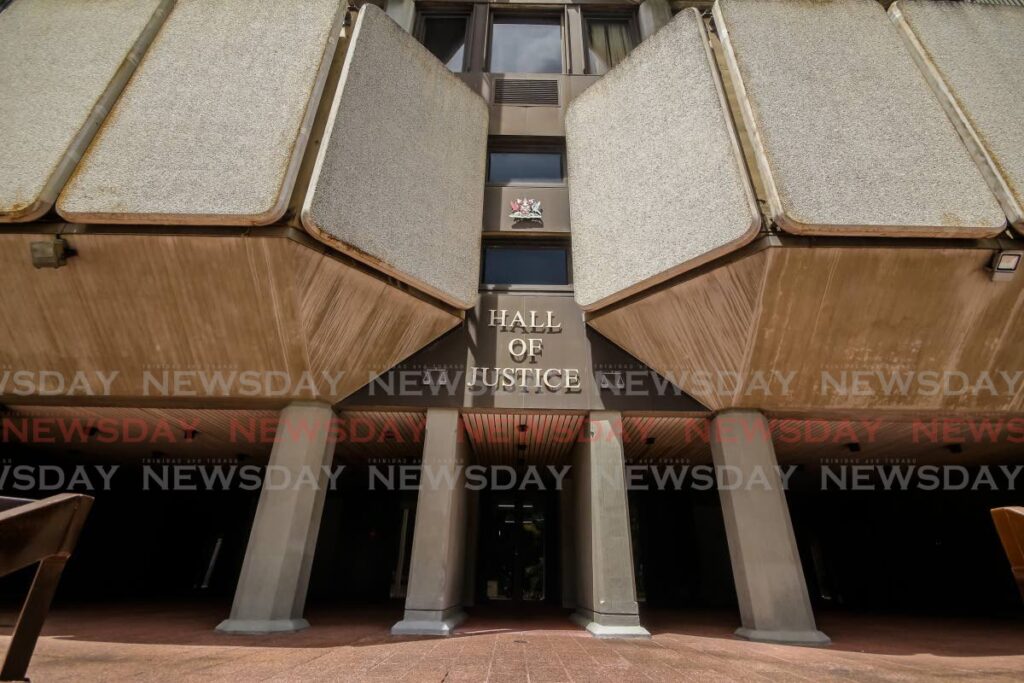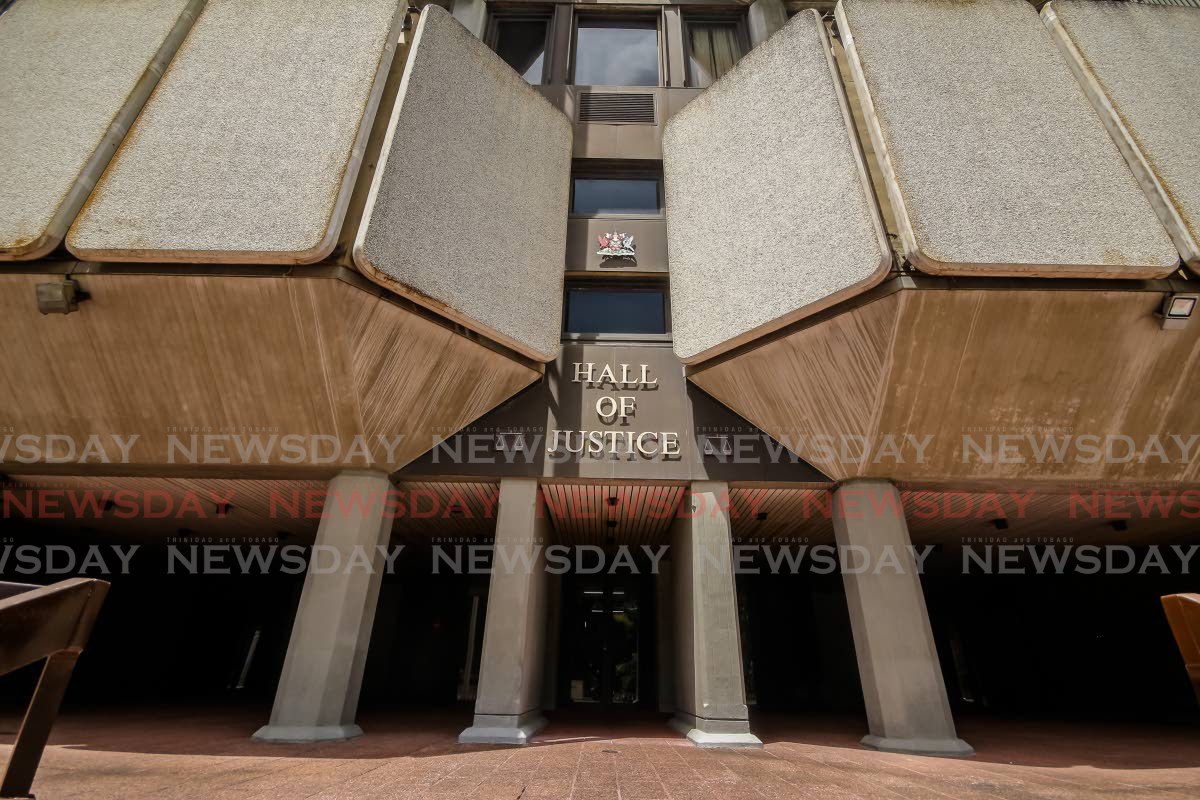Jada Loutoo

A primary-school teacher invited by the Teaching Service Commission (TSC) to interview for a principal (primary) position has lost her legal challenge against the commission.
The court ruled that the TSC acted within its mandate, dismissing the teacher’s claims of unfair treatment.
Sally Seedan, the vice-principal of the Clarke Road Primary School, challenged a decision to rescind/revoke her invitation to interview at the school, communicated to her on November 8, 2022, four months after she was invited, and two days before the interview.
Seedan was told she did not have the required qualification of a bachelors in education (BEd), and her BSc in information systems and management and MBA in business administration were not deemed equivalent.
Justice Ricky Rahim found the TSC’s actions fair as he weighed the overriding public interest and the commission’s statutory responsibility.
>
He held even if Seedan held a legitimate expectation of consideration, it was outweighed by the TSC’s duty to maintain integrity and competence in school leadership.
In her lawsuit, Seedan provided evidence of her journey in the education sector, including her experience in teaching and school administration and performance reviews.
Attempts to clarify her qualifications went unanswered, leading to her sending a pre-action letter urging the TSC to reverse its decision.
Her evidence also included a 2011 memorandum of understanding between the Unified Teachers Association (TTUTA) and the Chief Personnel Officer which allowed for teachers without the required academic qualifications, but with substantial experience, to be considered for promotions.
However, this waiver did not apply to her as her acting-principal tenure began in 2019.
The TSC relied on the affidavit of Farya Mohammed-Basdaye, its acting executive director, who explained that Seedan did not meet the requirements for promotion since she did not have a BEd.
She also outlined the role of the CPO and the protocols in establishing qualification equivalencies, emphasising that the TSC lacks the discretion to set equivalences independently of these guidelines.
She also provided memos from the CPO which indicated that a BSc in management studies was deemed non-equivalent.
In reply, Seedan maintained that job specifications for the office of principal were set by the Education Minister and not the CPO, who negotiates terms and conditions with TTUTA and sets out what are agreed to be equivalent qualifications.
>
But Mohammed- Basdaye said the criteria for equivalencies were established under the purview of the ministry and were not within the TSC’s discretion.
In its defence, the TSC claimed the decision to revoke the invitation was an essential correction, since Seedan was invited erroneously, owing to initial oversight concerning qualification requirements.
In deciding the case, Rahim concluded that the TSC did not fetter its discretion by strictly adhering to equivalency determinations made by the ministry. He also held the TSC operated within its constitutional mandate to ensure only qualified candidates were considered for promotion.
“The TSC in light of the legislative exception could not set its own criteria as to equivalent degrees and so could only consider that which had been sent to it by the MOE. In that context, it has made it clear that an error had been made in inviting the claimant to interview…The decision to recall the invitation therefore could not be said to have been an arbitrary one, neither was it unreasonable nor irrational. There was therefore a duty to correct the error.”
He also noted that despite Seedan’s assertion of a legitimate expectation based on her invitation to the interview, it was clear she did not meet the published criteria.
“In the court’s view these acts on the part of the TSC, although subsequently discovered to be a mistake according to it, amount in sum to a clear promise that she would be interviewed. But could this belief, short-lived as it was, have given rise to a ‘legitimate’ expectation? The court is of the view that it could not.
“It could not be the case and the court finds that it was not the case that a clear unambiguous promise had been made to the claimant as she did not meet the requirements for office according to the TSC and according to the criteria set by the MOE.”
He also ruled the TSC’s duty to uphold public interest and educational standards justified its decision to revoke the interview invitation.
“It is a matter of common sense that there is a substantial public interest in ensuring that principals possess the necessary skills both in terms of management of schools and in terms of education so as to effectively and efficiently run schools for the benefit of the nations’ children and of the population as a whole.”
>
He also dismissed her natural-justice challenge, since, he said, “Regardless of whether she possessed the right to be heard, the fact is that she was heard and a decision subsequently taken.”
Seedan was ordered to pay the TSC’s costs.
Attorneys Michael Rooplal and Kristy Mohan represented Seedan. Trisha Ramlogan and Anala Mohan represented the commission.















